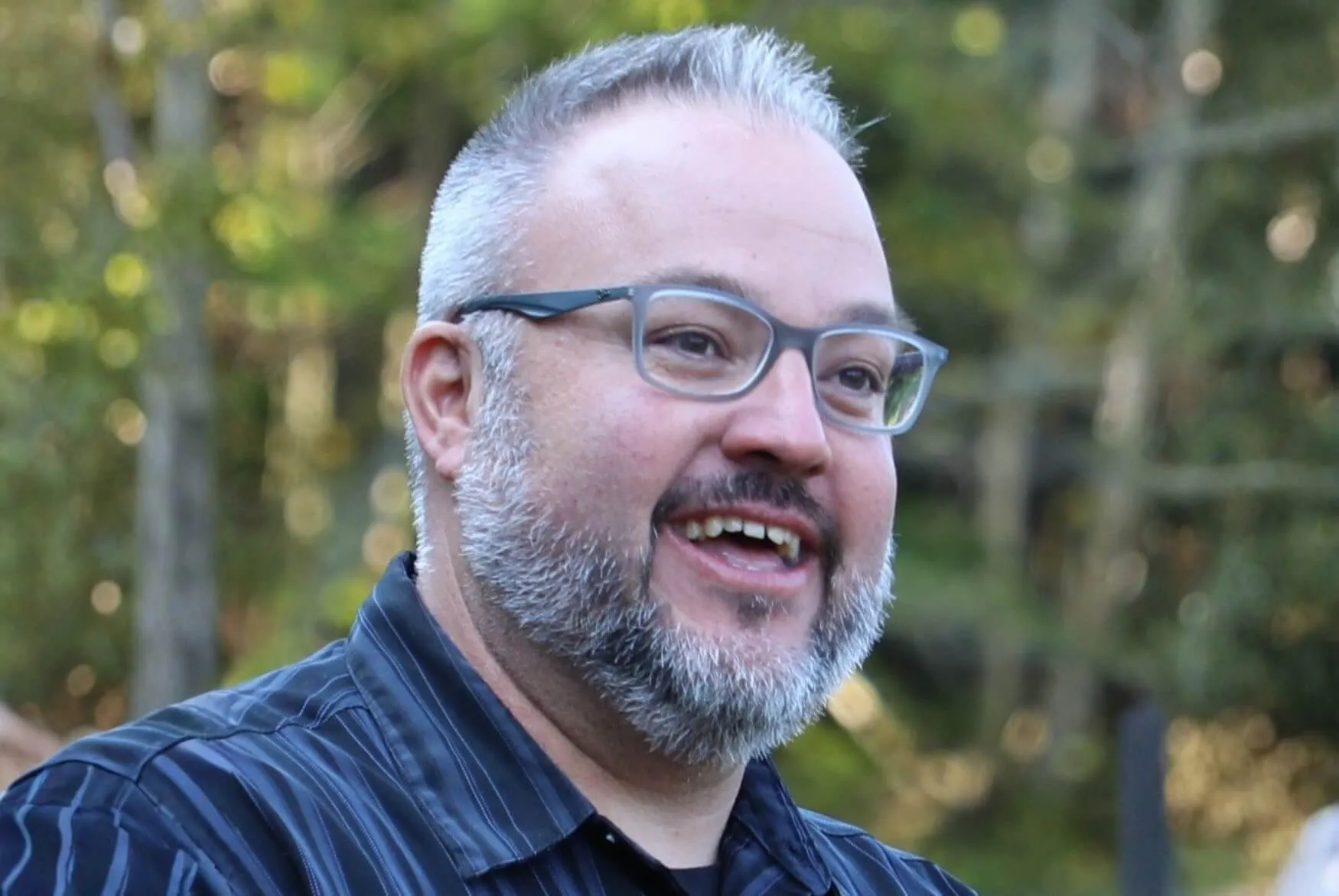The Department of Community Development and Applied Economics (CDAE) is pleased to announce a new course for Spring 2026: CDAE 1990 – Introduction to Urban & Rural Planning, taught by Richard Amore, a rural community and economic development leader, professional landscape architect, and AICP-certified planner.
Amore brings more than two decades of experience helping small towns and rural regions thrive. His work sits at the intersection of planning, design, and community development—bridging local action and statewide strategy to strengthen community resilience, mobility, and equity. He has led projects in downtown revitalization, climate adaptation, and placemaking, and brings deep expertise in state and federal programs that support sustainable, community-centered development.
He currently serves as Programs Director at Local Motion, Vermont’s statewide bicycle and pedestrian nonprofit, where he leads statewide advocacy and technical assistance efforts to improve walking and biking infrastructure, strengthen safety and education, and shape transportation policy. Amore is also the founder and CEO of Upstream Downstream LLC, a place and policy advisory practice that helps communities move from upstream strategy to downstream implementation.
At the University of Vermont, Amore teaches courses in ecological design, community development, and rural planning that emphasize listening, collaboration, and reflection. His approach encourages students to engage directly with people, stories, and landscapes—connecting planning principles to the lived experiences of communities. He views planning as both a technical and a human practice, inviting students to see the landscape as a living record of identity, connection, and possibility.
CDAE 1990 – Introduction to Urban & Rural Planning introduces the foundations of community and regional planning, exploring how design, policy, and collaboration can shape more connected, resilient, and equitable places. The course examines how planning balances environmental, social, and economic goals through analysis, stakeholder engagement, and real-world application.
The new course is particularly relevant for students in the Community-Centered Design major, the Community and International Development major, and the Green Building and Community Design minor.
Students with questions about how this course fits into their degree program are encouraged to contact their academic advisor or the CDAE Student Success Team.
